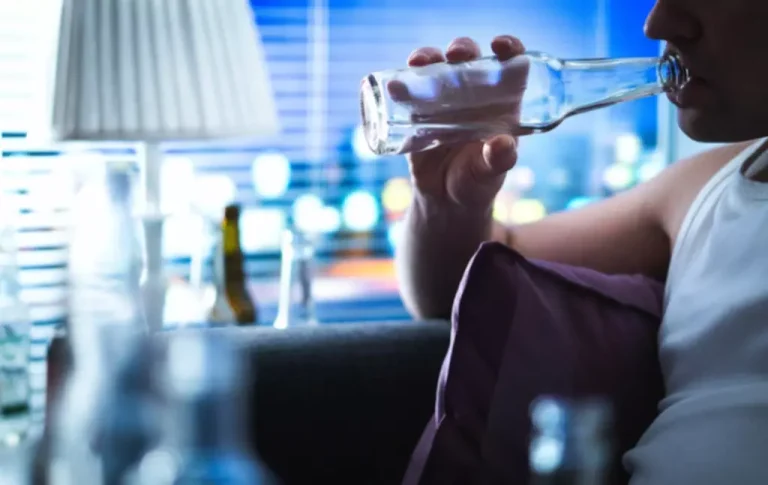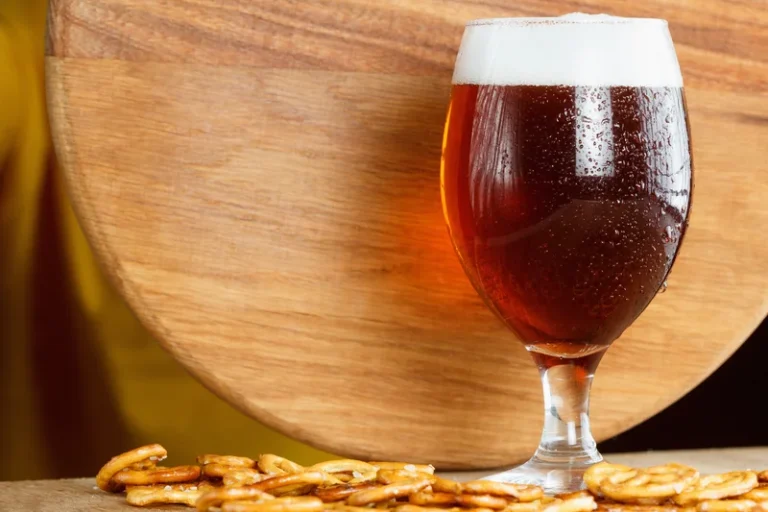6 Methods for Taking a Break From Alcohol

Tired of the morning fuzziness and the vague headache effects that follow your nightly glass or two of wine? Starting to scrutinize how alcohol influences your mood and connections with people?
Maybe you have even dabbled, unsuccessfully, with alcohol-free living, or perhaps you spend a lot of time thinking about stopping. You love the idea of waking up hangover-free. You are well aware that you will sleep better, look better, feel better, save plenty of money. You gain self-confidence when you get control of your life.
More importantly, you realize your liver and heart will thank you immensely if you decide to keep your drinking in check and give them the break they need. You know you should do something to bring about a lasting change, yet you do not seem to know how to begin. Well, if it is about you, relax; no need to fret. The simplest method to know when and if you need to quit drinking is to attempt to stop. If you successfully limit your alcohol consumption and tolerance, you won’t have to stop long-term.
Top 6 working methods for taking a break from alcohol
However, suppose you experience withdrawal symptoms or your life is drastically impacted after taking a break from alcohol. It’s a sign, you might have an issue, and while that is cause for concern, there is certainly no time like the present to make a change. You are not alone; an ever-increasing number of people are beginning to find out the role alcohol plays in their life and health and are seeing the benefits of giving it up or at least momentarily stepping away from it. Here are;

Take back control of your life and start on the road to recovery now.
1. Do some self-reflecting
How do you intend to solve a problem if you don’t even know one? It is a nice idea to take time out and some days to examine your relationship with alcohol and decide if you are content with it or it is time to change. Self-reflection resembles looking into a mirror and understanding why you see what you see. It is an approach used in evaluating oneself. It involves acknowledging and recognizing your feelings, convictions, triggers, qualities, and sentiments, as well as how they influence your choices and decisions. You need to be able to ask yourself questions like,
- Do I have an alcohol problem?
- How much do I drink?
- Why do I drink?
- Is my alcohol tolerance much higher than normal?
You have to answer these questions truthfully and be committed to doing what it takes to make the u-turn you need. An absence of self-reflection in your life can bring about both internal and external conflict for days because if you do not know or accept yourself for exactly what you are, it is highly unlikely that you will achieve the change you desire.
You might practice self-reflection by collecting your thoughts in a diary, spending time doing art and craft, talking with a trusted friend or praying. Maybe you would like to participate in exercises that help you think, like running and yoga, going for a stroll outside in nature, or sitting still in a calm spot. Engaging in these activities will give you the clarity of thought you need to evaluate your relationship with alcohol and understand what motivates you to drink and how it impacts your life. In addition, the insights gained during these moments can help guide you into making better choices moving forward.

2. Set your recovery goals
Once you have self-reflecting and found that you have a problem with alcohol dependency and probably high tolerance, it is time to plan your recovery strategy. While this may seem like a no-brainer, it can be difficult taking time to determine what to do next.
Having a recovery plan can help you overcome uncertainty and give you daily targets to reach, which would help support and reinforce your decision to keep your drinking in check. This would help you lead up to taking a break from alcohol and related drinks without any negative effects completely. Simply put, recovery is a state of prolonged abstinence attained by somebody who has previously been reliant on a drug or alcohol. You should consider participating in a sober month, which is a health and wellness trend that accentuates taking a break from alcohol for an entire month to improve general health.
It’s not news that excessive drinking impairs your sleeping patterns and increases the risk of certain diseases, including breast cancer, heart diseases, stroke, and liver problems. And while abstaining during one month won’t treat, prevent long-term health issues or reduce your tolerance to alcohol-related drinks, it definitely would not hurt you as far as your health is concerned. To break from alcohol successfully, it’s essential to have a plan set aside for when the allotted break time is over. To avoid going back into old habits. Your recovery goals should be specific, measurable, attainable, realistic, and within a timeframe.
3. Have staying power
Deciding to take a break from alcohol is the first step; committing to the cause is another matter. Unfortunately, some people experience many setbacks before they find a long-lasting recovery. This is because, regardless of your good intentions, it takes more than willpower, long days without taking alcohol, and the right information to avoid having a relapse. Various tools and methods are available to support your path to sobriety and help you stay committed to maintaining a lifetime of total abstinence.
A big part of staying committed to your cause and preventing relapse is identifying personal triggers (external and internal) and doing all you can to avoid them. The best form of action would be to understand the people, places, things, and situations that elicit thoughts or cravings to drink within you. You also need to be aware of your internal triggers like feelings, thoughts, or emotions associated with drinking. One more way to stay on track is to recognize and tackle relapse warning signs, bearing in mind that relapse begins long before you pick up a drink.
So, find yourself returning to addictive thinking patterns, engaging in compulsive, self-defeating behaviors, seeking out situations involving people who use alcohol and drugs, finding yourself in a situation where alcohol or drug use looks like the best way to escape from pain. This might be the right time to seek professional help.
4. Remove Access to Alcohol
Get rid of all alcohol-related drinks and items from your house or places you regularly visit. If you don’t have alcohol at home or within reach, you can’t drink it. Being unable to go to the cupboard or the fridge to grab a drink can keep you from drinking out of boredom or emotions.
You should avoid bars, liquor stores, and events where alcohol is being served. Make it clear to the people in your life — you have zero tolerance for drinking of any kind. Let them know that it simply cannot occur around you, and stress how important it is to respect and support your decision and the boundaries you have set. You might end up losing some friends and social connections, but you will reap the rewards in the long run and be free from any negative effects.
5. Establish healthy boundaries
Boundaries are necessary for any relationship as they are keys to creating healthy relationships. They are also critical to preserving your well-being as you navigate the recovery process. Moving into this new phase, you need to establish healthy boundaries to give yourself the necessary room to focus on your actions and bring a measure of control and sanity into an already chaotic situation. Doing so involves:
- Practicing self-care.
- Understanding your wants and needs.
- Determining what you don’t like, especially what you do not need.
Sadly, having people in your life who don’t support your goal of recovering from addiction or who do not even see it as a problem can make your recovery more difficult. So, make it a point to only spend time with people who do not drink, as it helps you practice new habits.
6. Seek the help you need
Once you’ve committed to recovery, it’s time to explore your treatment choices. A successful program often includes various things such as detoxification, counseling, medication, and long-term follow-up. Visiting an outpatient or inpatient rehabilitation facility is usually the best treatment to stop drinking and deal with tolerance-induced addiction. These programs show the highest success rate of any other method. You can also attend sober support groups meetings to help keep your recovery on track and stay with a community of other sober friends.

This can be a difficult journey, but you don’t have to go it alone. Let us be your guide and provide you the environment needed to regain control of your life and begin the path to recovery.
Final Thoughts
Breaking the cycle of drinking can keep your body from becoming familiar with alcohol and help reset your resilience. At ecosoberhouse.com, we understand what you are experiencing and are committed to helping you achieve life-long recovery. Contact us today for more information!




